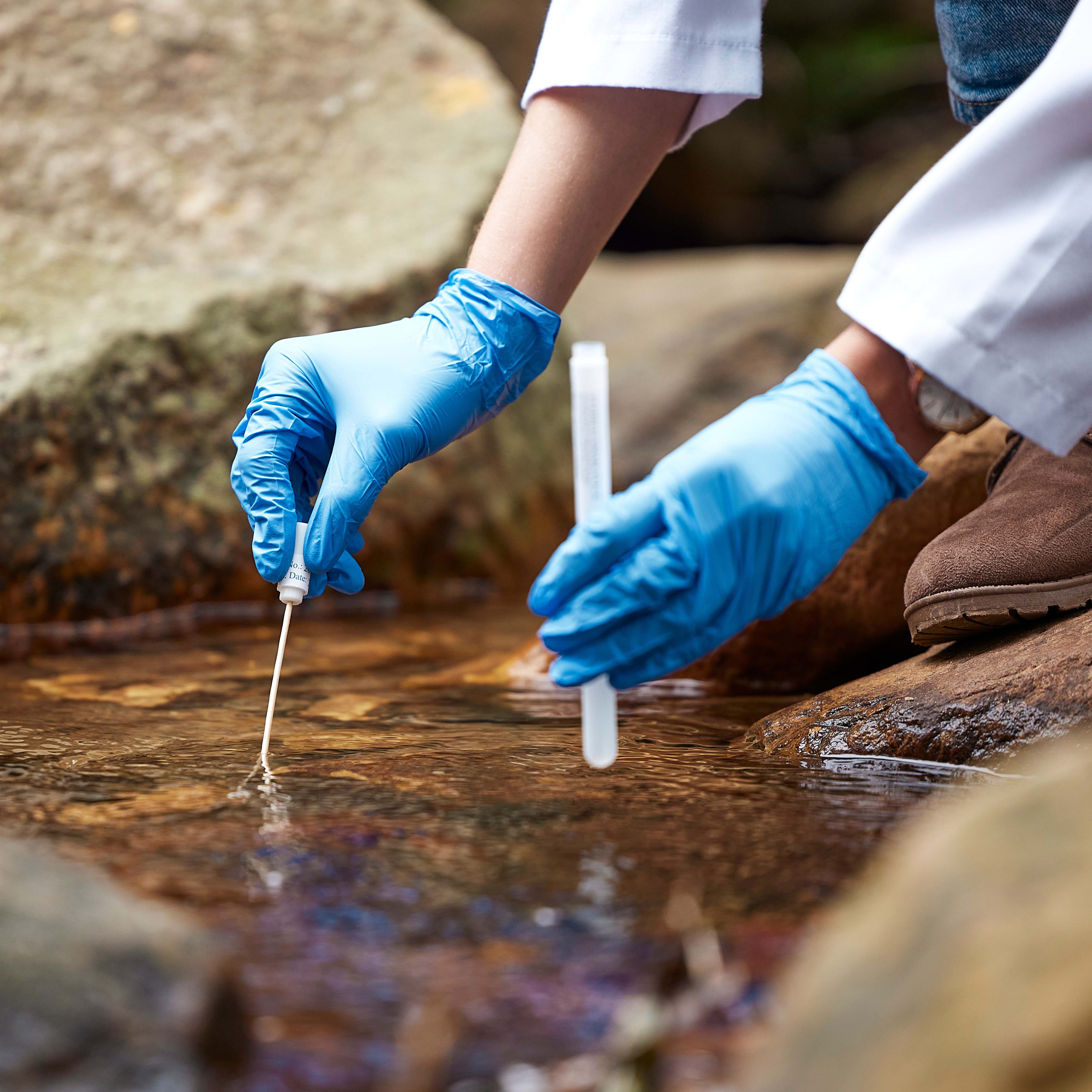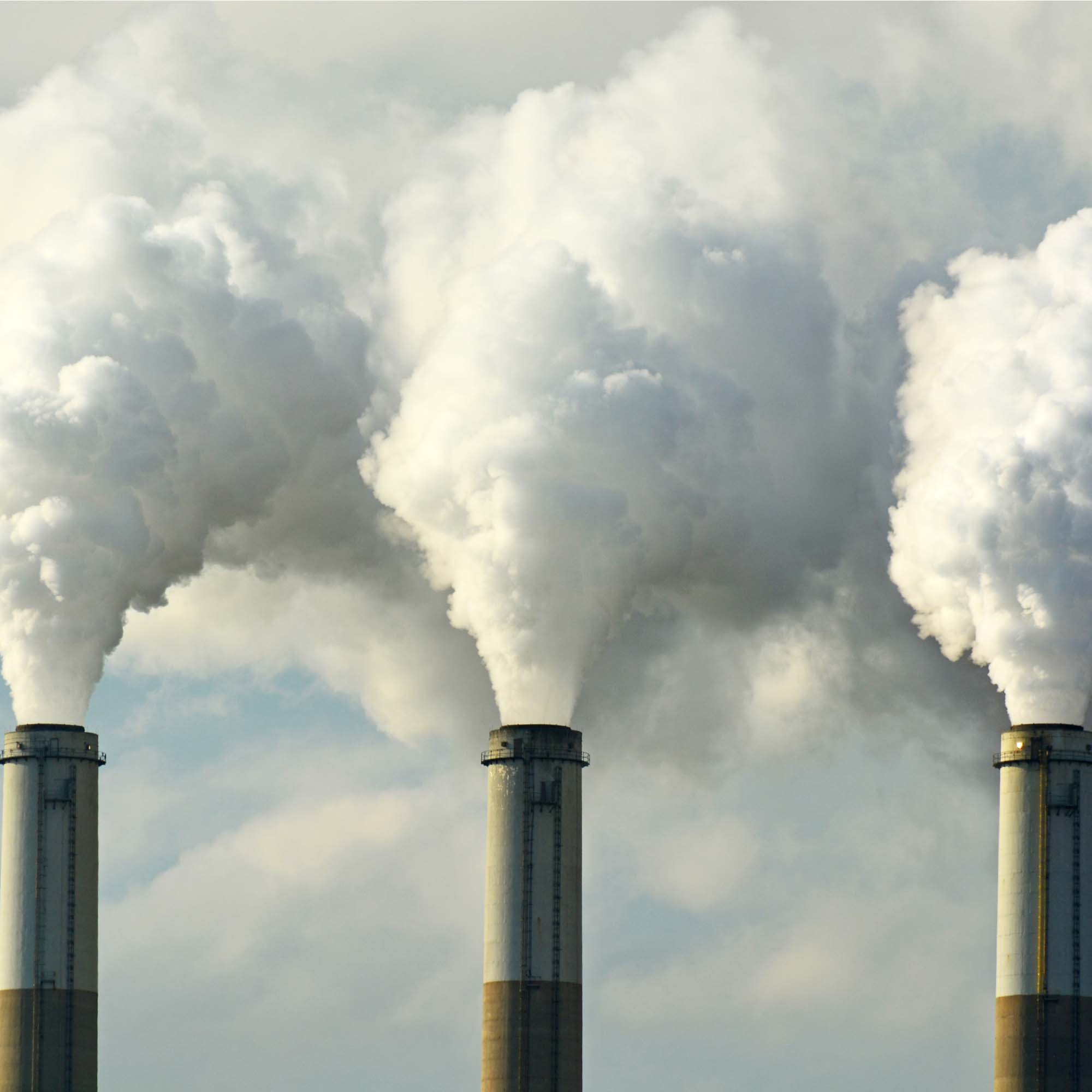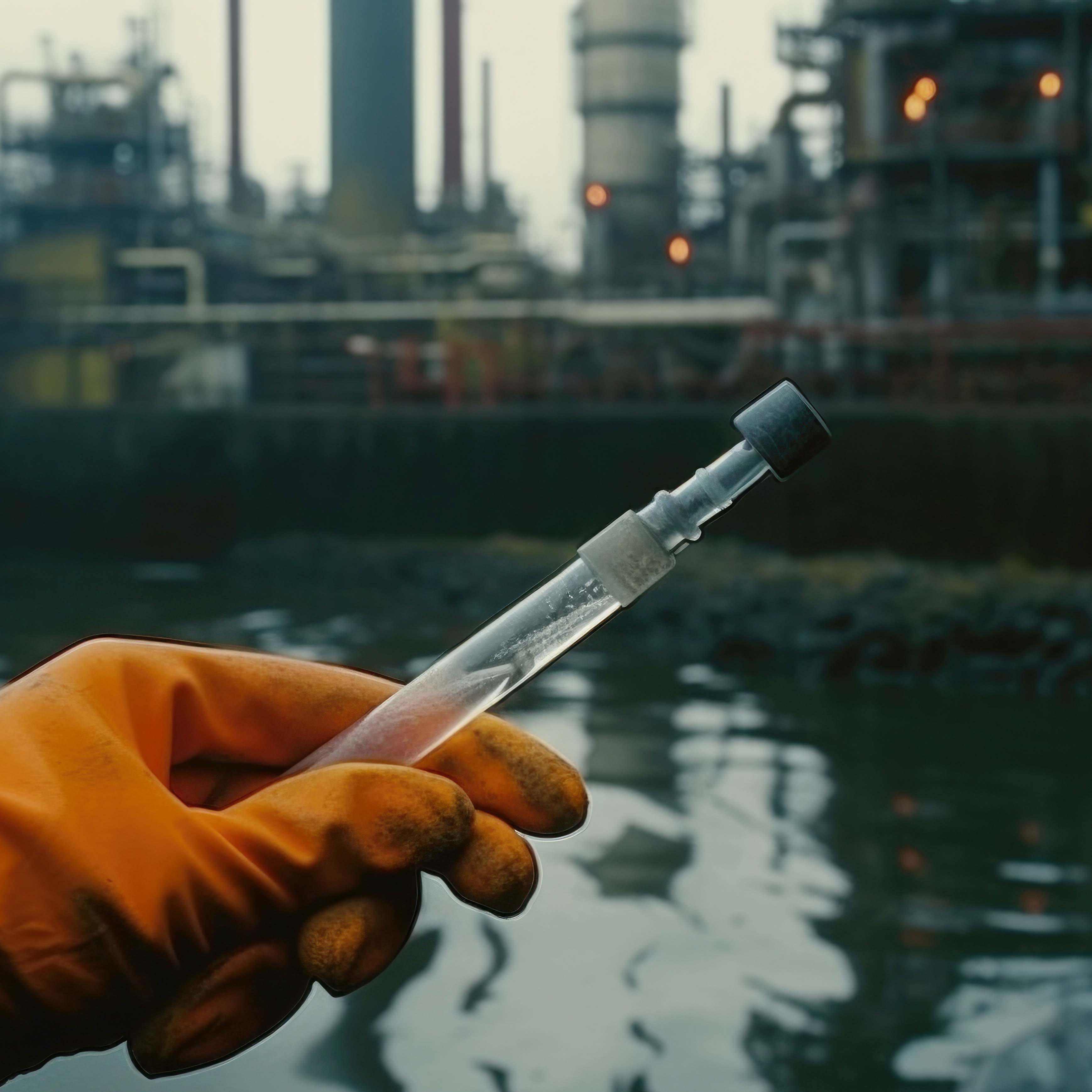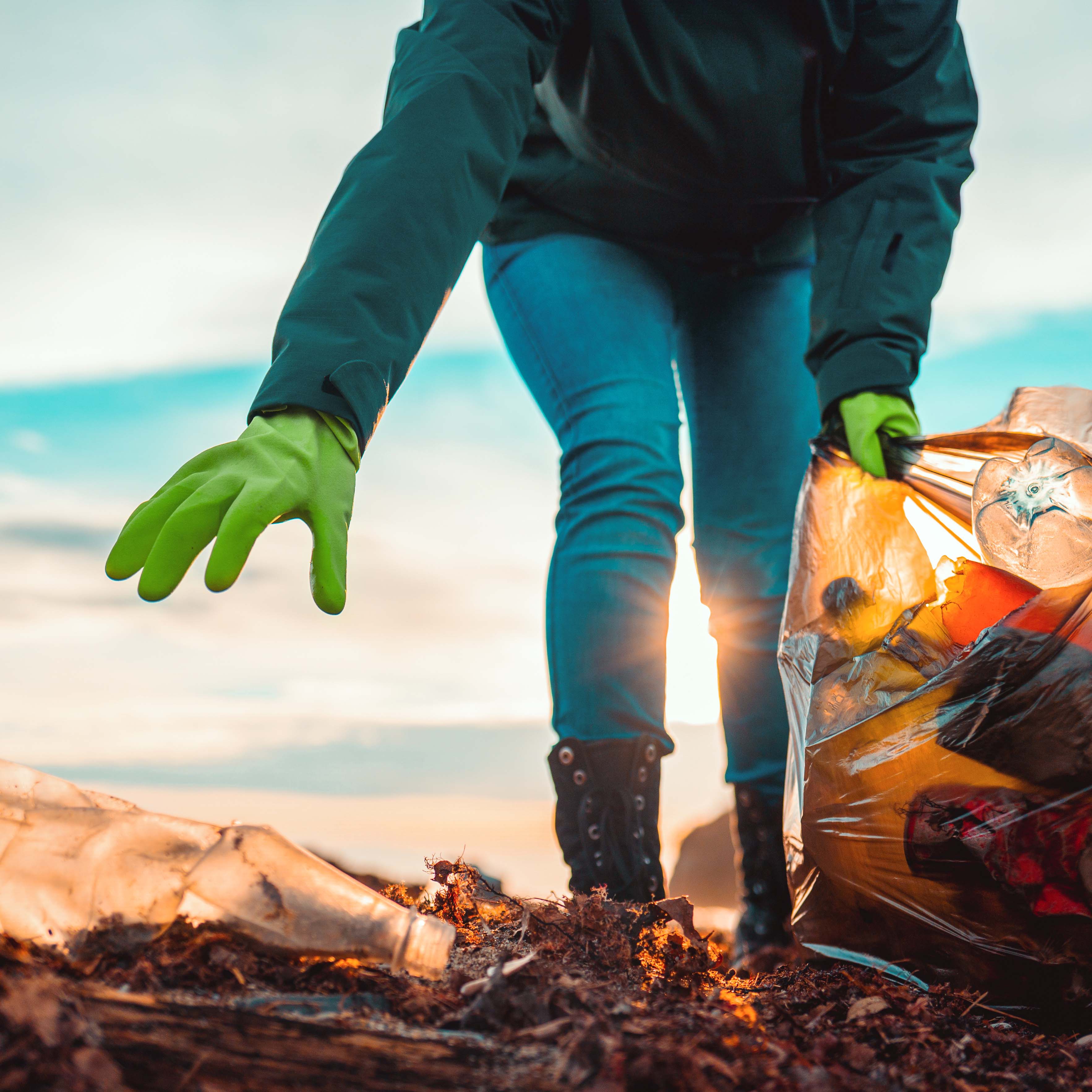Classical Environmental Engineering
Meet our Classical Environmental Engineering Faculty
-
Ernest (Chip) Blatchley
Theory, methods and applications of photochemical reactors; UV disinfection of air and surfaces; chlorine chemistry and disinfection processes; swimming pool chemistry; principles of water treatment to improve access to potable water in developing countries.
-
Brady Hardiman
Interaction of vegetation structure and function in coupled natural and human ecosystems; vegetation’s role in urban carbon cycling; influence of forest canopy structure on long-term carbon sequestration; optimizing ecosystem services in urban and local forests.
-
Inez Hua
Aquatic chemistry; water pollution control; industrial water consumption; water-energy nexus; engineering and social justice (Classic Environmental Engineering).
Circular economy; sustainable electronics; sustainability metrics and assessment; environmental sustainability in engineering education (Industrial Sustainability). -
Chad Jafvert
Chemical speciation and reactions in engineered and natural systems; environmental photochemistry; chlorine chemistry; sediment remediation; manufactured carbon nanomaterials in aquatic environments; point-of-use drinking water treatment systems for rural, economically-disadvantaged, international communities.
-
Linda Lee
Understanding processes leading to the occurrence, mobility, transformation, plant uptake, and remediation of PFAS “forever” chemicals and unregulated organic chemicals in wastewater and biosolids for developing decision tool and management guidelines for industry and agriculture.
-
Loring (Larry) Nies
Sustainability of interdependent urban infrastructure systems; water use and reuse; effects of anthropogenic chemicals on microbial communities; impact of quantitative risk assessment on environmental injustice.
-
Caitlin Proctor
Understanding and engineering microbiomes to prevent pathogen growth and promote beneficial microbes; safe drinking water infrastructure; engineered water systems; hydroponics plumbing; biofilm structure and development; molecular tools; flow cytometry.
-
Amisha Shah
Environmental chemistry; contaminant reaction kinetics and by-product formation; analytical chemistry; mass transport as it pertains to water treatment, water quality, and climate change impacts.
-
Andrew Whelton
Resolving problems that affect natural and built environments; analytical chemistry; disasters science; material science; policy.
-
Zhi (George) Zhou
Applying biotechnologies in engineering systems; evaluating antibiotic resistance in natural and urban environments; producing cost-effective biofuels; removing emerging contaminants; electrochemical water treatment; indirect and direct potable reuse.




